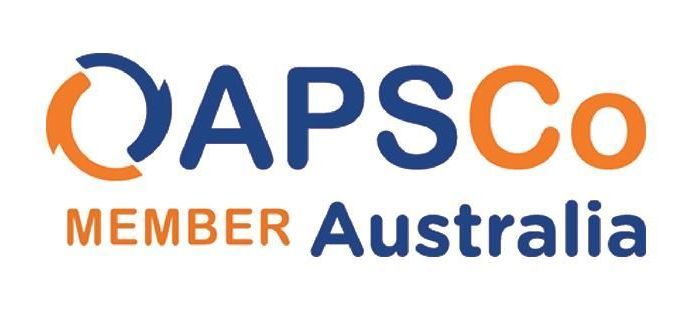Five-Year International Medical Graduates (IMG) Recruitment Scheme

Introduction
The Five-Year International Medical Graduates (IMG) Recruitment Scheme is a structured framework designed to address workforce shortages in rural and remote areas of Australia by recruiting International Medical Graduates (IMGs) into general practice. This initiative, which commenced on March 12, 2025, targets enhancing healthcare access and improving medical service delivery to communities that often struggle to attract and retain healthcare professionals.
Key Features of the Scheme
Targeted Recruitment
The program specifically focuses on rural and remote regions in Australia, which face significant challenges in attracting medical practitioners. By utilizing IMGs, the scheme aims to increase the availability of medical professionals in these underserved areas
Eligibility Requirements
They should have completed medical education and training outside of Australia.IMGs need to be enrolled in general practice training and must eventually achieve specialist registration. Participants must commit to working in an eligible rural or remote location for the duration of the scheme, which is typically five years.
Training and Registration
Throughout the five-year commitment, participants will undergo necessary general practice training, during which they will work towards gaining full registration as specialists in the field. This process will help IMGs develop professionally, equipping them with the skills required to meet Australian medical standards.
Medicare Benefits Schedule
One of the major benefits of the scheme is that IMGs participating in the program will be able to access the Medicare Benefits Schedule (MBS). This allows them to provide Medicare-funded services to patients, a key step in supporting rural communities that may have limited healthcare options.
Workforce Incentives
The program offers various incentives for IMGs to stay in rural and remote regions. These include reduced restrictions on provider numbers and other provisions designed to help IMGs establish themselves within the healthcare system and encourage longer-term service in these areas.
Pathway to Permanent Residency
The program not only helps IMGs advance their careers but also provides a pathway for obtaining permanent residency in Australia, offering a more stable future for medical practitioners and their families.
Objective
The primary goal of this initiative is to improve healthcare delivery in regions that are underserved and reliant on limited healthcare providers. By focusing on rural and remote areas, the scheme ensures that these communities have access to high-quality, consistent medical care. Additionally, it aims to foster the professional development of IMGs, providing them with the necessary training and opportunities to integrate into the Australian healthcare system.
Long-term Impact
The success of this scheme is expected to contribute to a more sustainable healthcare workforce in Australia's rural and remote areas. By incentivizing IMGs to work and remain in these communities, the scheme not only addresses immediate healthcare shortages but also promotes long-term retention of medical professionals, benefiting both the practitioners and the local populations.
Graded Category Incentives
There are 3 categories applicable to Scheme locations. The categories will determine the amount of time concession an IMG can earn under the Scheme.
Conclusion
The Five-Year IMG Recruitment Scheme represents a strategic effort by the Australian government to solve medical workforce issues in underserved regions while offering IMGs a rewarding career path in general practice. It combines professional development with community service, creating a mutually beneficial situation for both the IMGs and the people of rural and remote Australia.




